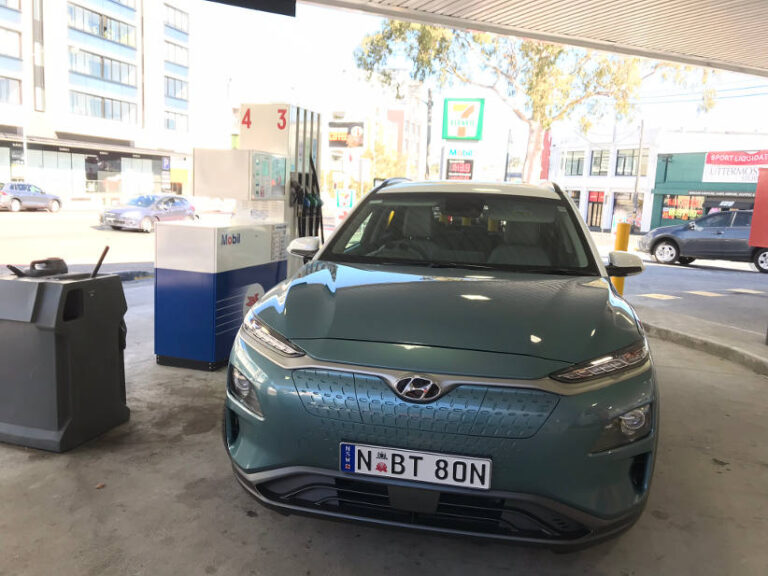If you’re being pressured to reduce your fleet costs in 2020 the recent fall in crude oil prices may work in your favour. And if not, the ‘work from home’ policies being implemented by many organisations could reduce the kilometres travelled in 2020.
The ACCC has said it will closely monitor retail petrol price movements over the next few coming weeks to make sure the fall in oil prices is passed on at the pump. The only issue is that the Australian dollar is falling as fast as the international price of oil.
According to the ACCC changes in international refined petrol prices usually take between one and two weeks to be reflected in retail petrol prices in the larger capital cities, and longer in the smaller capital cities and in regional areas. There are also regular price cycles in the larger cities, which means that the underlying decrease in prices due to decreasing international prices may not be apparent in the short term.
Weekly average crude oil prices decreased by around US 14 dollars per barrel (or around 20 per cent) in the first two months of 2020 to around US 55 dollars per barrel. International refined petrol prices fell by a similar amount. And in March the price has dropped as low as US 30 per barrel.
The ACCC has reported that in February 2020 monthly average retail petrol prices in the five largest cities, namely Adelaide, Brisbane, Melbourne, Perth and Sydney, were 141.1 cents per litre (cpl), which was around 8.2 cpl lower than in December 2019.
“Australian petrol prices are primarily determined by international crude oil and refined petrol prices. Therefore, a sustained decrease in these prices should lead, everything else being equal, to lower petrol prices at the bowser,” Mr Sims said.
“We will be looking at the market very closely, to determine if further sustained reductions in international prices are being passed onto consumers, and we will be publicly identifying those retailers that are not passing on reductions.”
“The ACCC cannot control the petrol prices companies set but we can call out problematic price setting which can influence company behaviour,” Mr Sims said.
“At this time the Australian economy needs all the assistance it can get, and lower world oil prices are one of the few positives from current world events.”
“Hopefully, the recent break between Russia and OPEC marks the start of the waning influence of this dreadful cartel on international crude oil prices,” Mr Sims said.






